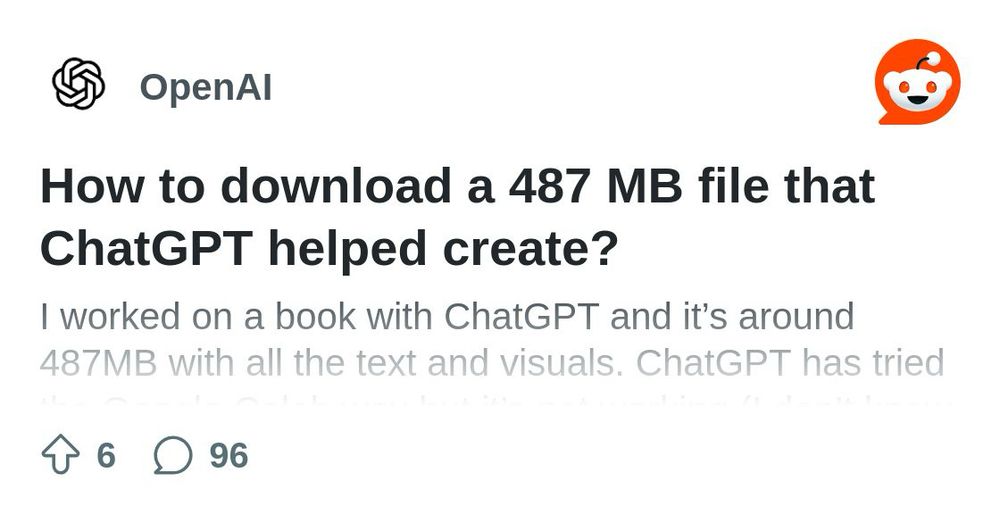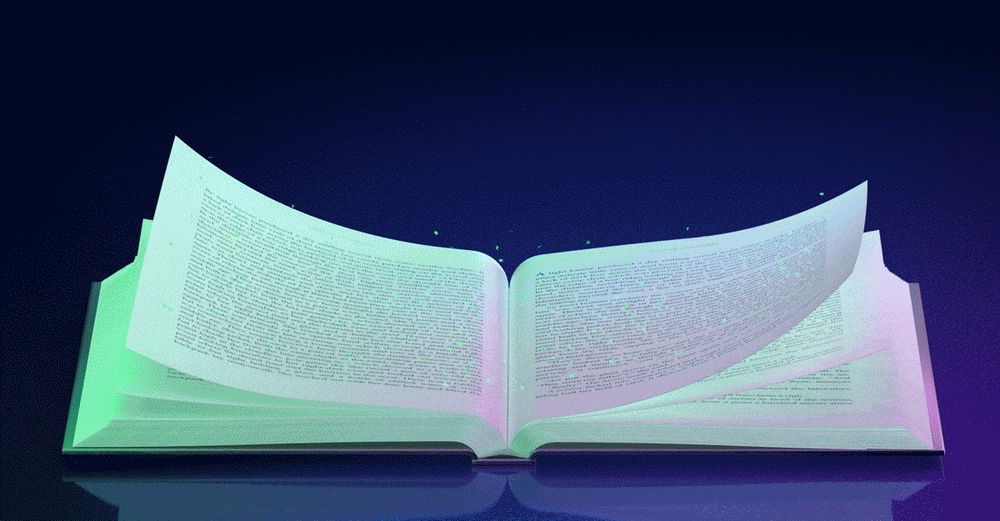Steph Allan
@eolasinntinn.bsky.social
930 followers
470 following
320 posts
Psychosis Postdoctoral Researcher and Occasional Educator at the University of Glasgow. Currently working on developing support for fears of recurrence.
Likes cats, hates injustice. Here to learn. She / they.
https://psychosisresearch.info/
Posts
Media
Videos
Starter Packs
Reposted by Steph Allan
Nell
@nellh.bsky.social
· 15d
Reposted by Steph Allan
Reposted by Steph Allan
Reposted by Steph Allan
Reposted by Steph Allan
Reposted by Steph Allan
Steph Allan
@eolasinntinn.bsky.social
· Sep 9
Reposted by Steph Allan
Reposted by Steph Allan
Reposted by Steph Allan
Reposted by Steph Allan
Reposted by Steph Allan
Hat (they/them)
@hatporter.bsky.social
· Aug 19

Experiences of menstrual health and amenorrhoea in eating disorder inpatient units in England: a subgroup analysis from a lived experience led, qualitative study - Journal of Eating Disorders
Background Although no longer specified within the diagnostic criteria for anorexia nervosa, the prevalence of menstrual disturbances among patients with eating disorders is well-documented. However, ...
link.springer.com
Reposted by Steph Allan
Hat (they/them)
@hatporter.bsky.social
· Aug 19

‘It's a Horrible Place to Have a Period’: A Survivor‐Led Investigation of Experiences of Menstrual Health in Psychiatric Inpatient Settings in England
This study examined patients' experiences of menstrual health in psychiatric inpatient settings in England as reported by staff and patients. Questionnaires were conducted with 67 staff members and 1...
onlinelibrary.wiley.com
Steph Allan
@eolasinntinn.bsky.social
· Aug 18
Steph Allan
@eolasinntinn.bsky.social
· Aug 14
Steph Allan
@eolasinntinn.bsky.social
· Aug 13


















